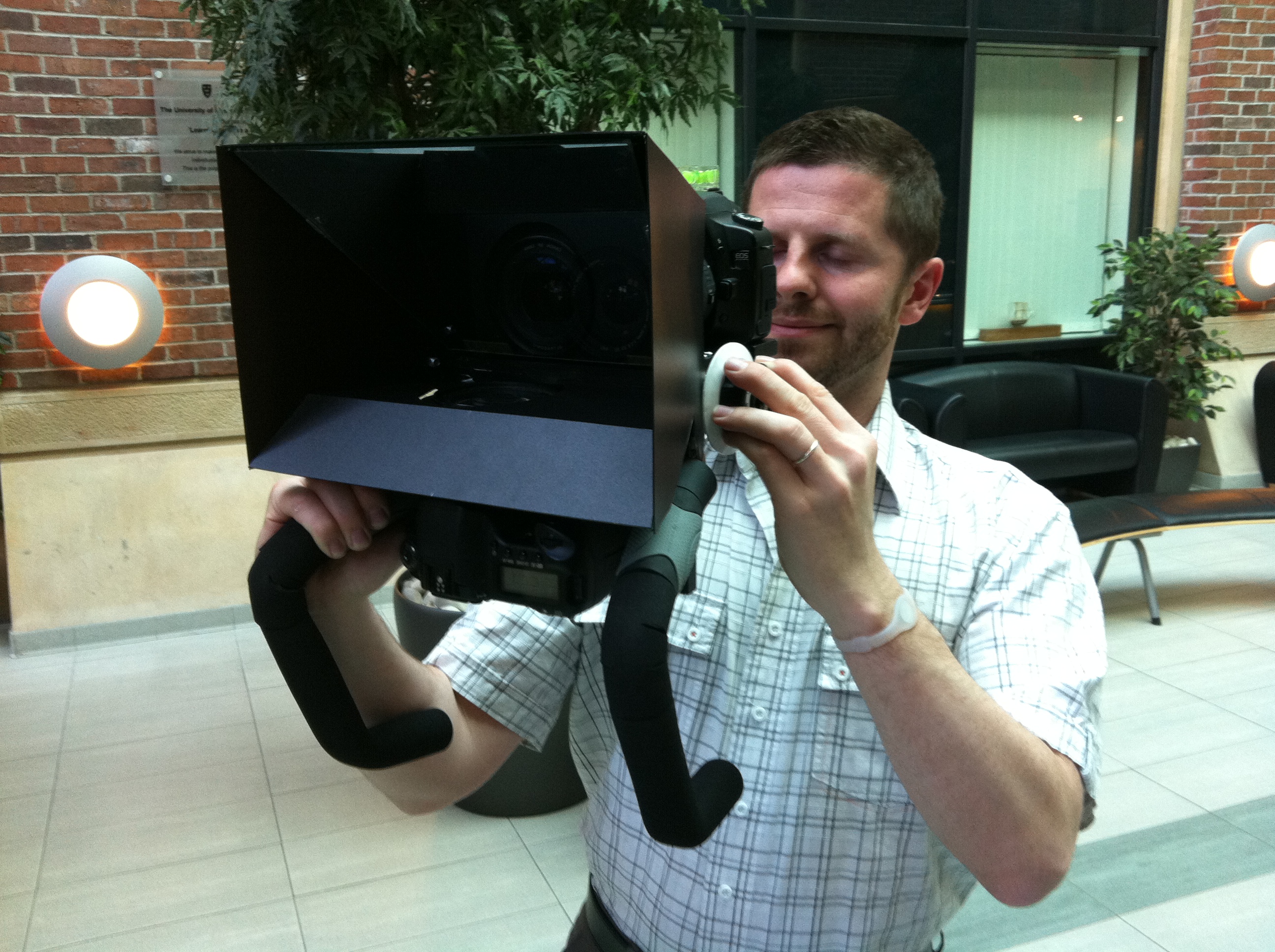About the Author
Mission Statement: “This website has two aims: To bring a unique body of photographic research into the public domain and to forge vital links between experimental psychology, neuroscience and real-world photographic practices.”
Dr Bernard Harper is the author and principal investigator for all of the perceptual and photographic research quoted here. He first qualified as a commercial photographer at Liverpool City College before joining the Central Television, Film and Photographic Service in the University of Liverpool. He later lectured in Photography at its Continuing Education Department, taught Audio Visual Perception at its School of Psychiatry. He lectured in Film and Media at Edge Hill College and also 3D filmmaking at various locations in the UK. He also has expertise and patents in immersive VR gaming and simulator design. His PhD is in experimental psychology, and he may be the only vision scientist ever to have previously qualified and practiced as a professional photographer and videographer.
In 1999 he shot the world’s first orthostereoscopic digital video using an active convergence/autofocus rig of his own design. The Mk2 version is linked below. The ortho video 3D demonstration was rear-projected onto a 50 inch optical collimating screen with high brightness digital projectors, also using an active optics rig of his own design. Its 480i stereoscopic images were exceptionally bright, smooth, sharp and highly naturalistic. They were also free of the eyestrain, crosstalk and the usual adverse effects seen in almost all 3D movies. It had the appearance of HD digital video many years before it was possible to shoot HD 3D. He was awarded a vision science PhD by the University of Liverpool School of Psychology in 2006.
After attaining a City & Guilds 744 professional qualification in commercial stills photography, Dr Harper spent most of his early career in Liverpool University. He was involved in a wide variety of research related roles, beginning as a technician/photographer at its Central Photographic Service. He later taught photography at the Continuing Education department and Photography & Media at the Liverpool City College. In 1999 he became an Independent Television Commission sponsored research scientist in the School of Psychology at Liverpool University. He also lectured in Media Studies at Edge Hill College on degree courses and City and Guilds Photography at Liverpool Community College. He presented at training courses and lectured in 3D filmmaking both at Pinewood Studios and at a number of higher education colleges throughout the UK. His research was extensively reported in the Times of London after being covered by New Scientist, where he subsequently had two other contributions published.
His Body Image Distortion in Photography research used classical psychophysics and experimental psychology methodologies. They revealed the full extent of photography’s innate gender bias (caused by its flattening and fattening effects), together with other perceptual distortions in both vernacular photography and professional photographic practice.
For further Information on Current Projects: 3Activ Camera 
Views: 527
